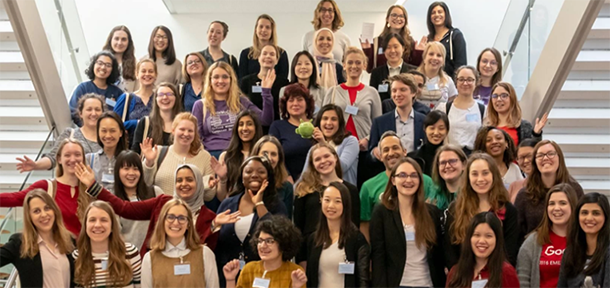
Athena Swan
The Department holds a Bronze Athena Swan award.
The Athena Swan Charter is a framework used worldwide to support and transform gender equality within higher education (HE) and research.
It was initially established in 2005 to encourage and recognise commitment to advancing the careers of women in STEMM (science, technology, engineering, maths and medicine). It now addresses gender equality more broadly, not just barriers to progression that affect women.
Athena Swan awards recognise the gender equality efforts of higher education institutions and departments.
Follow the links on the right for more information about the University's and the Department's Athena Swan awards.

